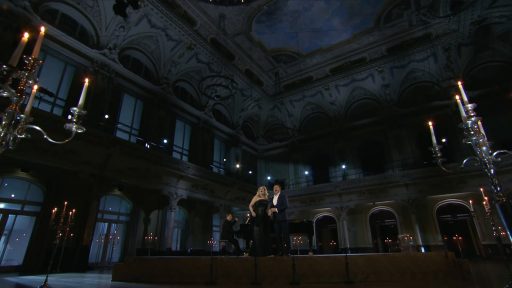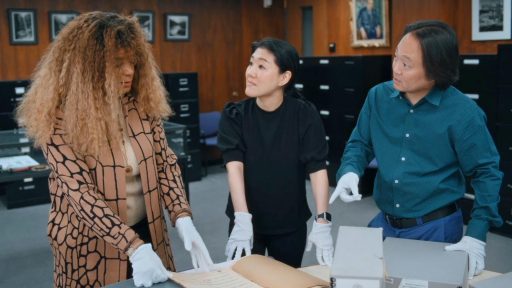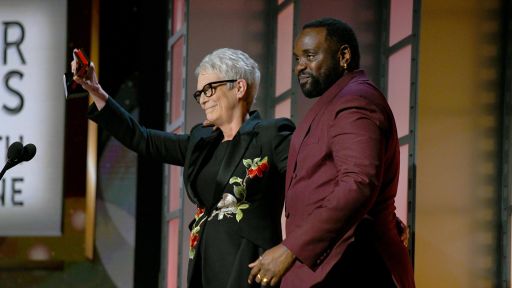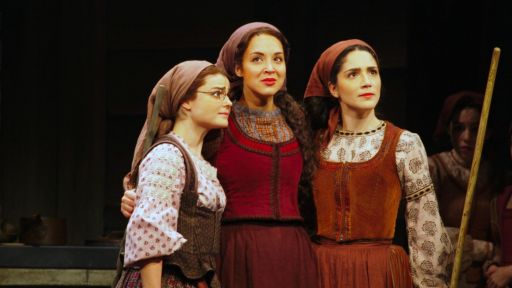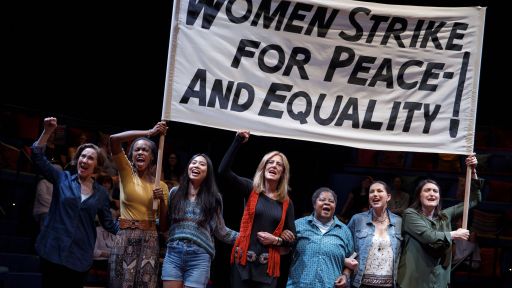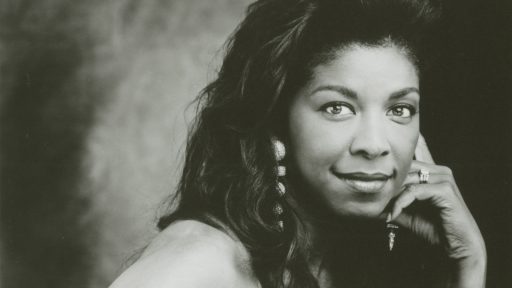Writer Tony Kushner and actress Rita Moreno discuss his winning screenplay for “West Side Story” as well as what went into reviving this classic tale for a modern audience.
Features
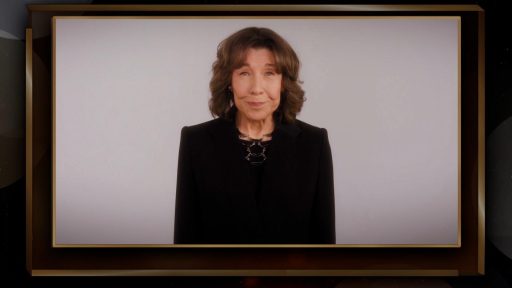
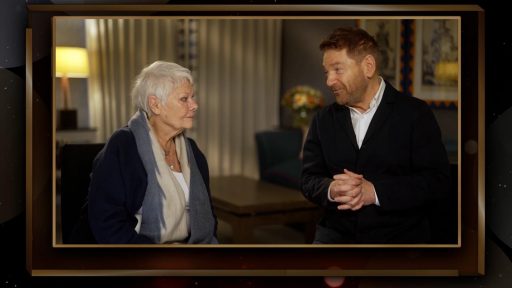
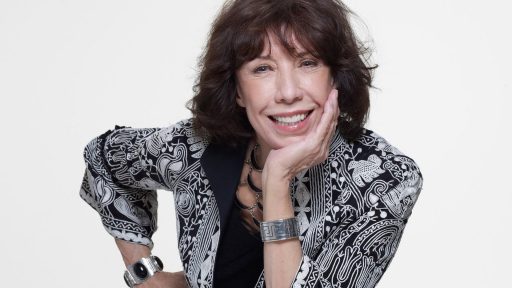

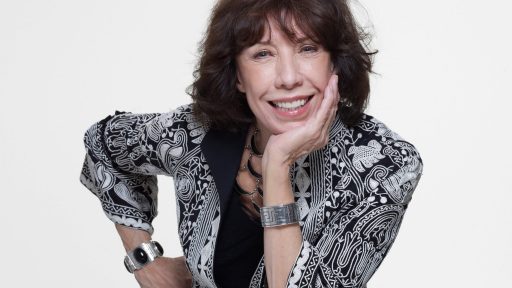

To present the best screenwriter award to Tony Kushner here is one of the stars and executive producers of West Side Story, Emmy, Grammy, Tony and Oscar winner, Rita Moreno.
Thank you, Alan.
It is an absolute privilege and an honor for me to be here today with my dear and beloved friend, Tony Kushner, who is receiving the Movies for Grownups Best Screenwriter Award.
Thanks, Rita. I, uh, had a wonderful time making West Side Story.
I'm very, very proud of the movie that I wrote that Steven Spielberg directed.
You know, we wanted to take both the 1957 original stage musical and the 1961 film that you may be familiar with and explore them, think about them and then to make a new film that was very much in dialogue with what had gone before it, and also added something new to the conversation.
And we were given room by Steven Sondheim and the estates and the other three creators to make up some very new stuff, for instance, the character of Valentina, which, uh, I made up so that I could get you to do A lot of this, uh, that we did was you inherent in the earlier material, which is, you know, I think profoundly anti-racist and it turned out that there was room for all of that in the musical, but the value of a work of art can't really ultimately Art is valuable, both for what it gets, right and also sometimes for what it doesn't get, right.
And for the conversations and discussions that it opens up, the '61 film made a number of errors.
But on the other hand, there's your performance and the acclaim with which it was justifiably greeted.
And I believe that that had an immense impact in the world. Um, did it solve everything? Absolutely not as you know.
But listen, I wanna talk about Valentina for a moment because this is one of the very few roles I've ever played, where I felt that the character had such a sense of dignity and of herself.
You gave me the opportunity to play a still character.
I feel and Stephen feels and I think millions of people feel that you're a great dramatic actress.
So the idea of giving you a part where you could really run with that, but like an incredibly exciting opportunity and but like an incredibly exciting opportunity and important for the film.
What, I didn't know what none of us knew was how you and Ansel Elgort would work on camera together and it turned out that you had this kind of magnificent, magical chemistry. You both loved working with each other.
I don't think he knew what the hell to think of me because I remember during our first days of shooting, he was interviewed and he was asked, what do you think of Rita Moreno?
He said something about she doesn't have, uh, a censor.
And then he made it clear that he thought that was delightful and that I was fun and all that.
And I remember reading that and saying, Yay! Okay, we did it.
Listen. I know we could go on forever. I can't tell you how thrilled I am that you are being honored for a film that's for grownups.
I know it's also for young people, but I love that. It's called the Movies for Grownups Best Screenwriter.
Congratulations, sweetie.
Oh, thank you Rita and I want to say thank you to AARP for this, this award, it means a lot to me and anytime I get a chance to talk to you it makes me very happy. So, thank you darling.
Bye bye everybody.
You May Also Like
